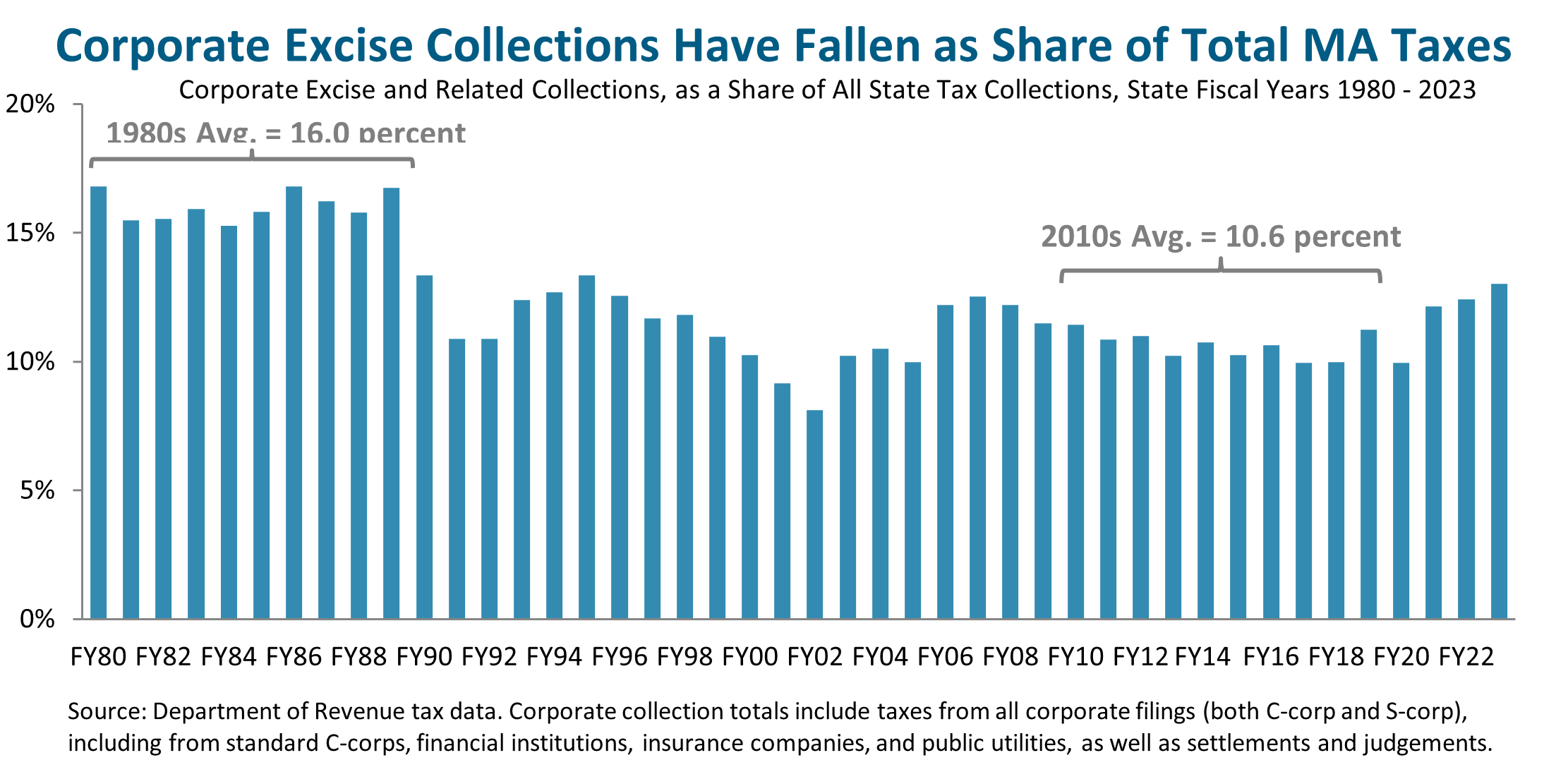Estimate of Potential GILTI Revenue - Mass. Budget and Policy Center
Building off of a recent analysis performed by the Institute on Taxation and Economic Policy (ITEP), MassBudget estimates that adopting a robust and well-enforced provision requiring multinational corporations to include 50 percent of GILTI (Global Intangible Low-Taxed Income) in their state tax calculations would generate over $400 million a year for the Commonwealth.| Mass. Budget and Policy Center




